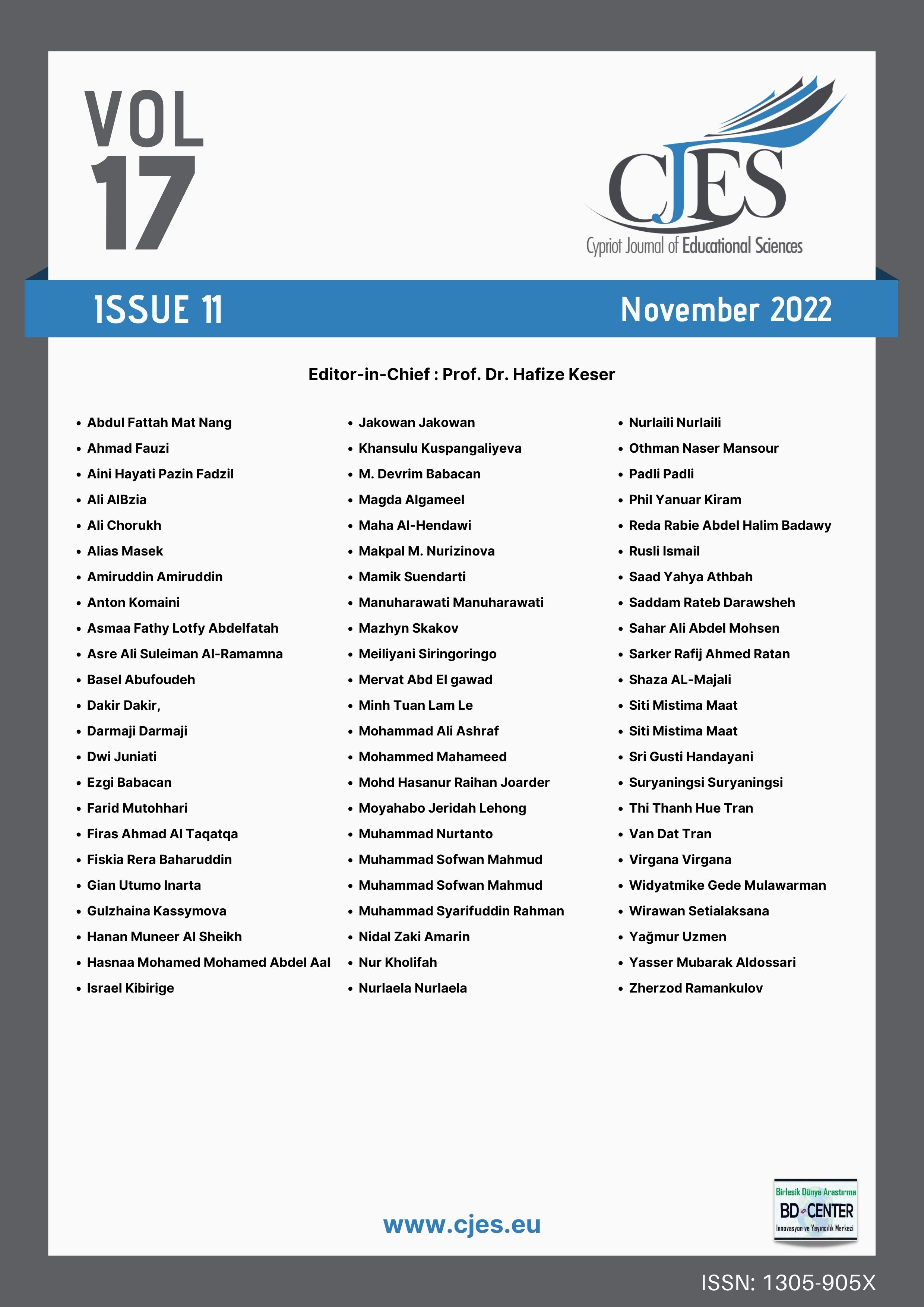Achieving sustainability in the philosophy of art teaching and learning
Main Article Content
Abstract
The significant development in the diversity of knowledge sources is an essential starting point for the development of teaching and learning methods in the higher education sector. Necessarily, this rapid development requires the development of planning and operational education strategies to provide learners with mechanisms and tools of thinking that enable them to follow the processes of research, analysis, criticism, evaluation and communication in a way that helps them to sustain their knowledge. This study adopted the selective and analytical approaches of ideas and theories of philosophy and pedagogy, aiming to induce results and recommendations for the development of teaching and learning processes. Specifically, in the field of philosophy of art, using the phenomenological approach emphasises the active and structured human presence. Thus, three main pillars were identified: obtaining knowledge; the will to knowledge – learner; and knowledge management – teacher. The study concluded with several methods and techniques that related to the processes of teaching, guidance and evaluation of the philosophy of art in the higher education sector.
Keywords: Applied art, higher education, philosophy of art, teaching methods, learning methods, sustainable learning.
Downloads
Article Details

This work is licensed under a Creative Commons Attribution 4.0 International License.
Cypriot Journal of Educational Sciences is an Open Access Journal. The copyright holder is the author/s. Licensee Birlesik Dunya Yenilik Arastirma ve Yayincilik Merkezi, North Nicosia, Cyprus. All articles can be downloaded free of charge. Articles published in the Journal are Open-Access articles distributed under a CC-BY license [Attribution 4.0 International (CC BY 4.0)].
Birlesik Dunya Yenilik Arastirma ve Yayincilik Merkezi (BD-Center)is a gold open-access publisher. At the point of publication, all articles from our portfolio of journals are immediately and permanently accessible online free of charge. BD-Center articles are published under the CC-BY license [Attribution 4.0 International (CC BY 4.0)], which permits unrestricted use, distribution, and reproduction in any medium, provided the original authors and the source are credited.

